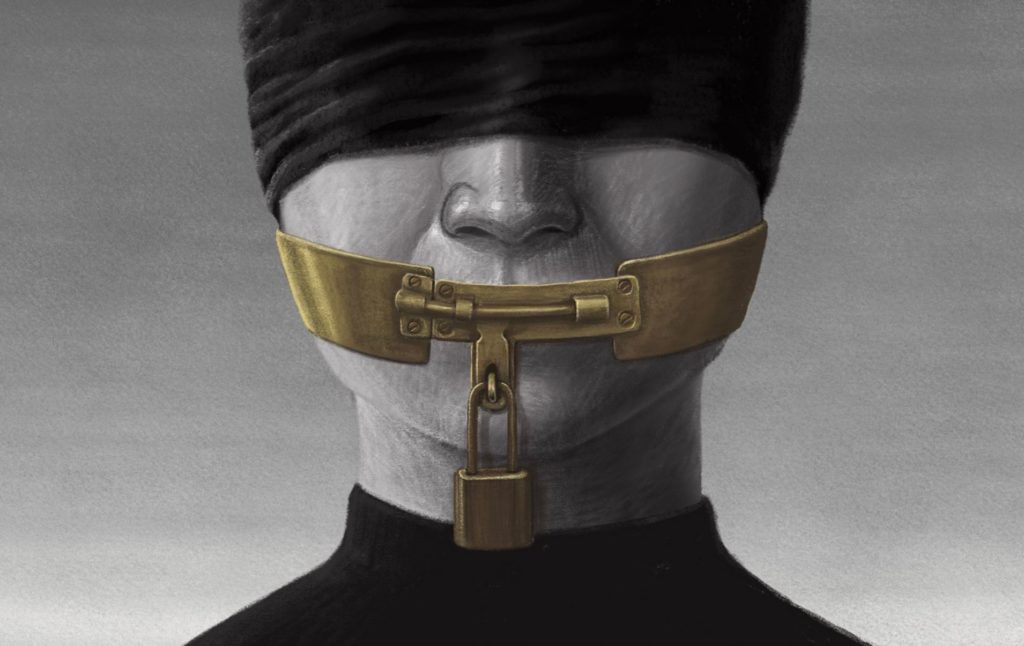The recent ruling in the United Kingdom against Richard Hall, a conspiracy theorist accused of harassing survivors of the 2017 Manchester Arena bombing, has raised significant concerns regarding free speech and the state’s approach to dissent. Survivors Martin Hibbert and his daughter Eve were awarded £45,000 (approximately $58,000) in damages after they successfully sued Hall for claiming that the bombing was a staged event orchestrated by the government. This decision not only serves to punish those who speculate outside the official narrative but highlights the precarious balance between free expression and the motivations of the ruling class to maintain control over public discourse.
Hibbert and Eve’s experiences during the terror attack, which resulted in the deaths of 22 individuals and injuries to hundreds more, are integral to understanding the case’s sensitivity. Hall’s assertions that those affected were living abroad or were crisis actors suggest a deep mistrust of official narratives, a sentiment that has found traction across various segments of society. However, Hall’s lack of evidence and aggressive pursuit of the victims further blurred the lines between inquiry and harassment. As he documented Eve outside her home while promoting his allegations, the court deemed his actions as harassment rather than legitimate journalism, pointing to the growing unease with conspiracy theories that contradict publicly accepted accounts.
The broader implications of this ruling go beyond a single case; they signal a crackdown on those who challenge the status quo. The United Kingdom appears to be tightening its grip on free expression, with this case exemplifying how dissenters might face punitive actions for questioning government narratives. Critics argue this serves as a deterrent for others who may wish to voice dissenting opinions or explore alternative explanations for significant events, thereby perpetuating a culture that discourages questioning authority. The message sent is clear: speculation, regardless of its validity, is unwelcome if it counters the official line.
At the heart of this issue is the fear that alternative theories could disrupt the carefully constructed narratives by those in power, leading to public skepticism and unrest. The notion that dissent could undermine social cohesion is reflected in how authorities respond to conspiracy theories. While some may suggest that questioning narratives is a vital part of democracy, the UK courts see it as a dangerous precedent that could foster further distrust and discord among the populace. Critics argue that by branding dissenting voices as harmful, the government inadvertently stifles healthy debate and discussion.
Despite the ruling, conspiracy theories will likely remain a facet of discourse as individuals increasingly seek explanations that diverge from mainstream narratives. As events unfold, especially those involving significant loss of life and trauma, the temptation to entertain alternative explanations can lead to a dangerous intersection between free speech and public safety. Nevertheless, the state’s approach to these discussions could have chilling effects on the willingness of individuals to speak out or criticize official accounts, raising concerns about censorship in the name of maintaining order.
Ultimately, this incident exemplifies a larger global trend where governments are grappling with the complexities of free speech in an age characterized by rapid information dissemination and deep-seated skepticism toward authority. As the UK continues to navigate these turbulent waters, the balance between protecting individual expression and guarding against the spread of misinformation will remain a contentious issue, with potential long-term consequences for democratic freedoms. The case of Richard Hall serves as a reminder of the ongoing struggle between free inquiry and official narratives that must be addressed to foster a healthy, resilient society.

